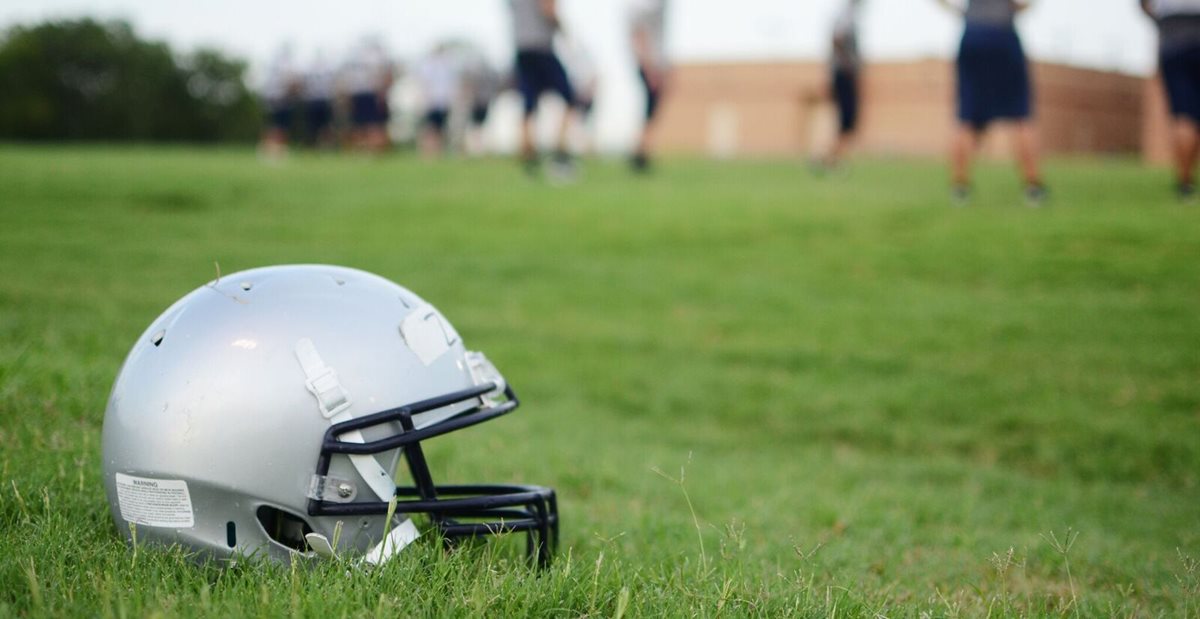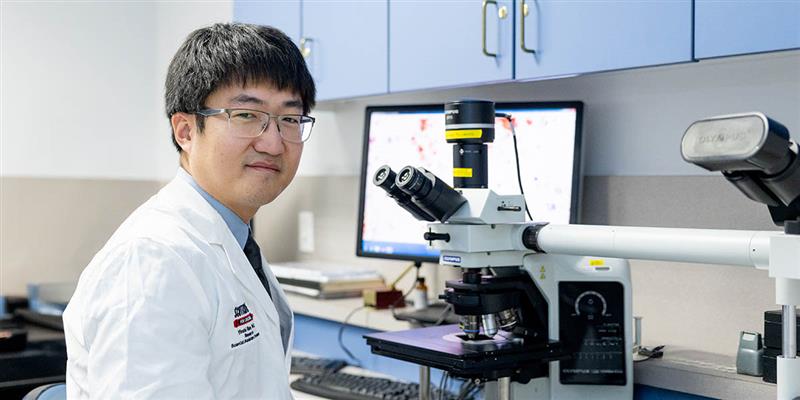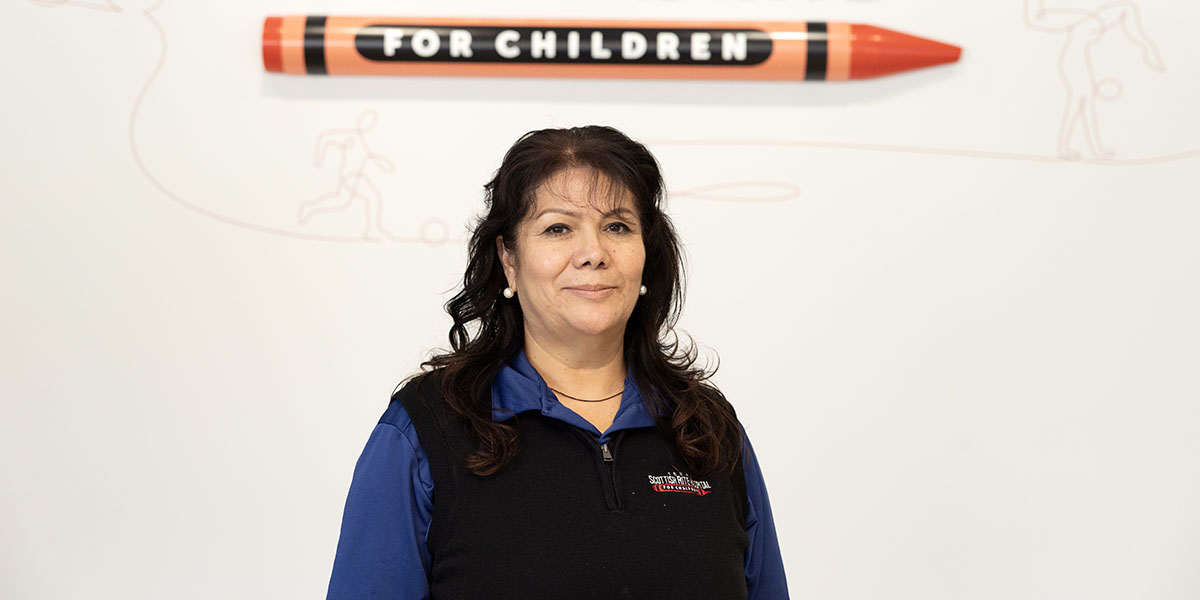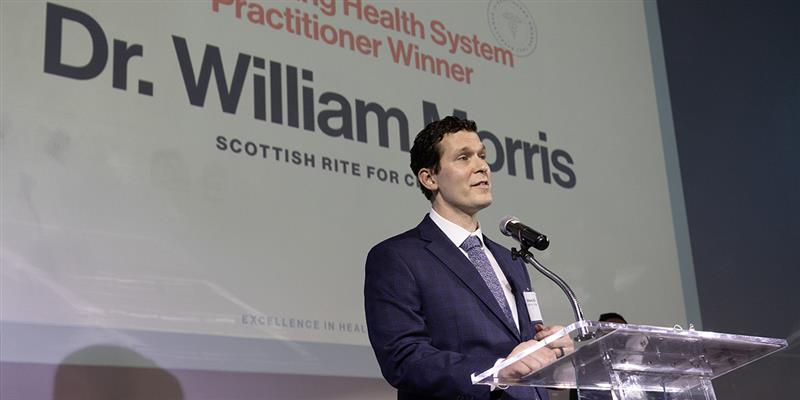Watch the video to learn more about baseline testing.
Many studies suggest that access to baseline information when monitoring post-injury symptoms and deciding when a student athlete is ready to return to school or sports is helpful. Though this concept is useful with all diagnoses, it is most frequently utilized to manage return to learn and return to play after sports concussions.Baseline testing is a common term used to describe objective information that is gathered before the season begins. This may include tests of skills we can see like balance, speed or coordination. However, many use the term “baseline testing” to reference neurocognitive testing, specifically. These tests are typically done on a computer or one-on-one with a psychologist and they evaluate how the brain performs skills we can’t see such as remembering, solving problems, reacting quickly and paying attention. All of these are particularly important to student athletes, both in school and on the field. After a concussion, performance on these tasks is worse than at baseline.
With this information, a physician can compare the athlete’s pre-injury performance with results from the same tests after a head injury. Therefore, decisions for care can be customized rather than comparing the athlete to others in his or her age group. Though baseline computerized neurocognitive testing is helpful, it is not the only tool used to determine when a student is ready to return to class or the field.
Some schools have programs that require athletes to participate in preseason testing, but some do not. For young athletes in settings that do not provide baseline testing, the hospital’s Center for Excellence in Sports Medicine offers this service in our clinic for athletes ages 10 and up. Please call 469-515-7100 for more information, or request an appointment online.
Learn more about sports concussions and pediatric sports medicine.














